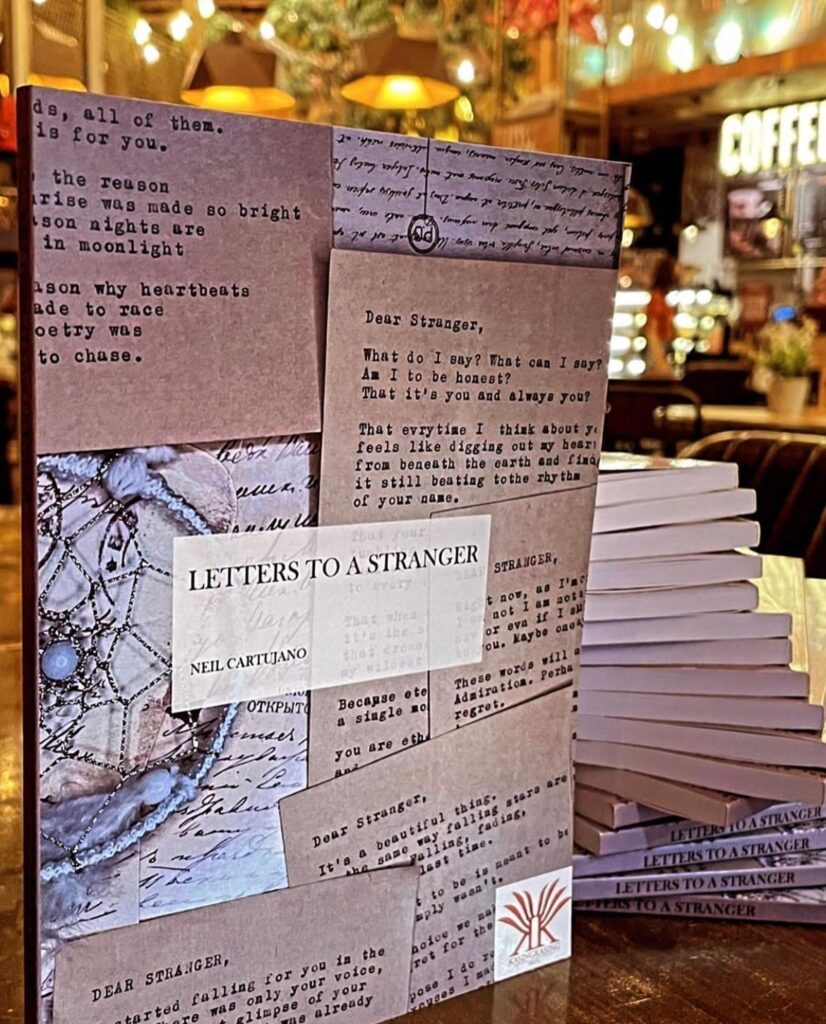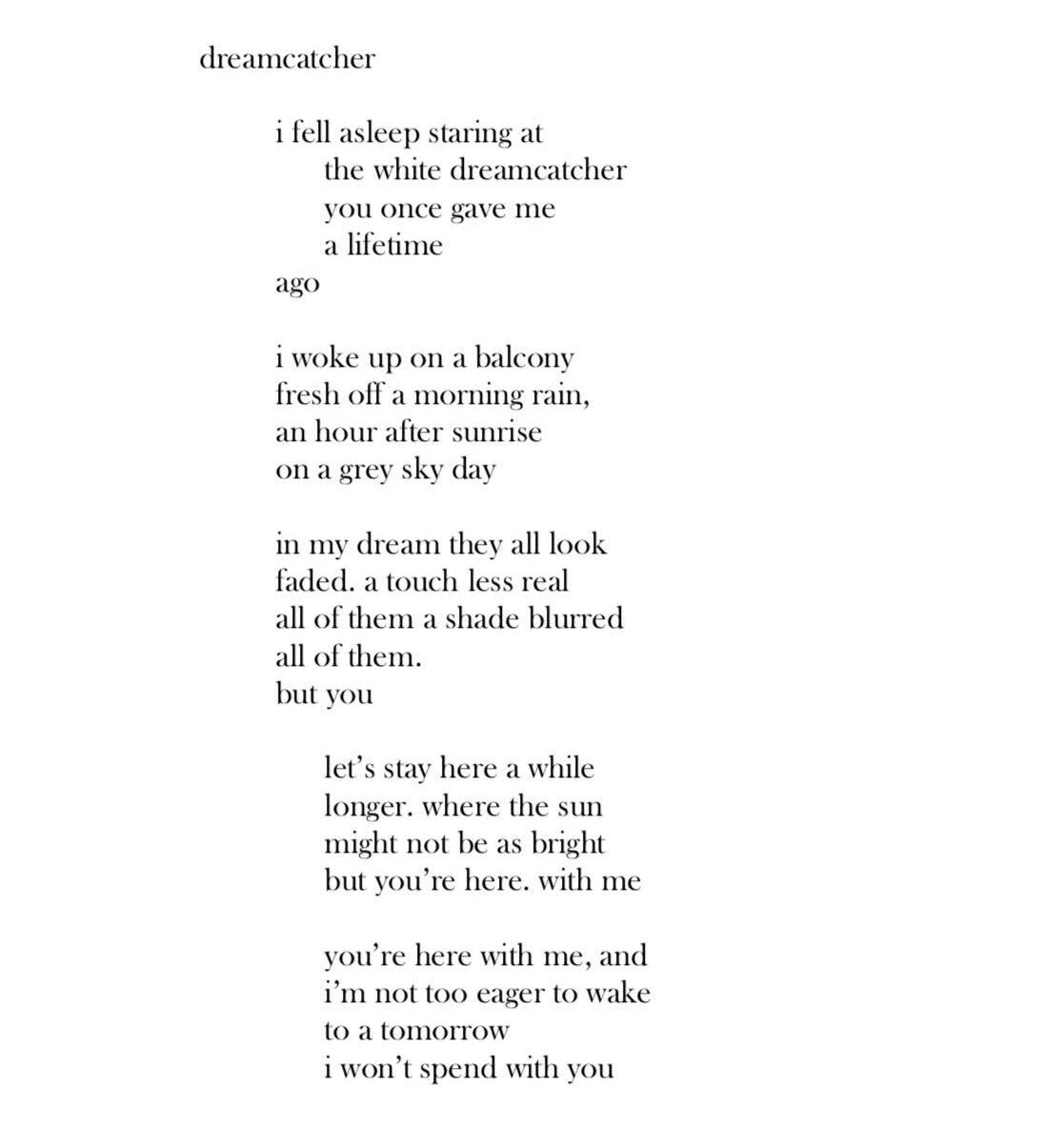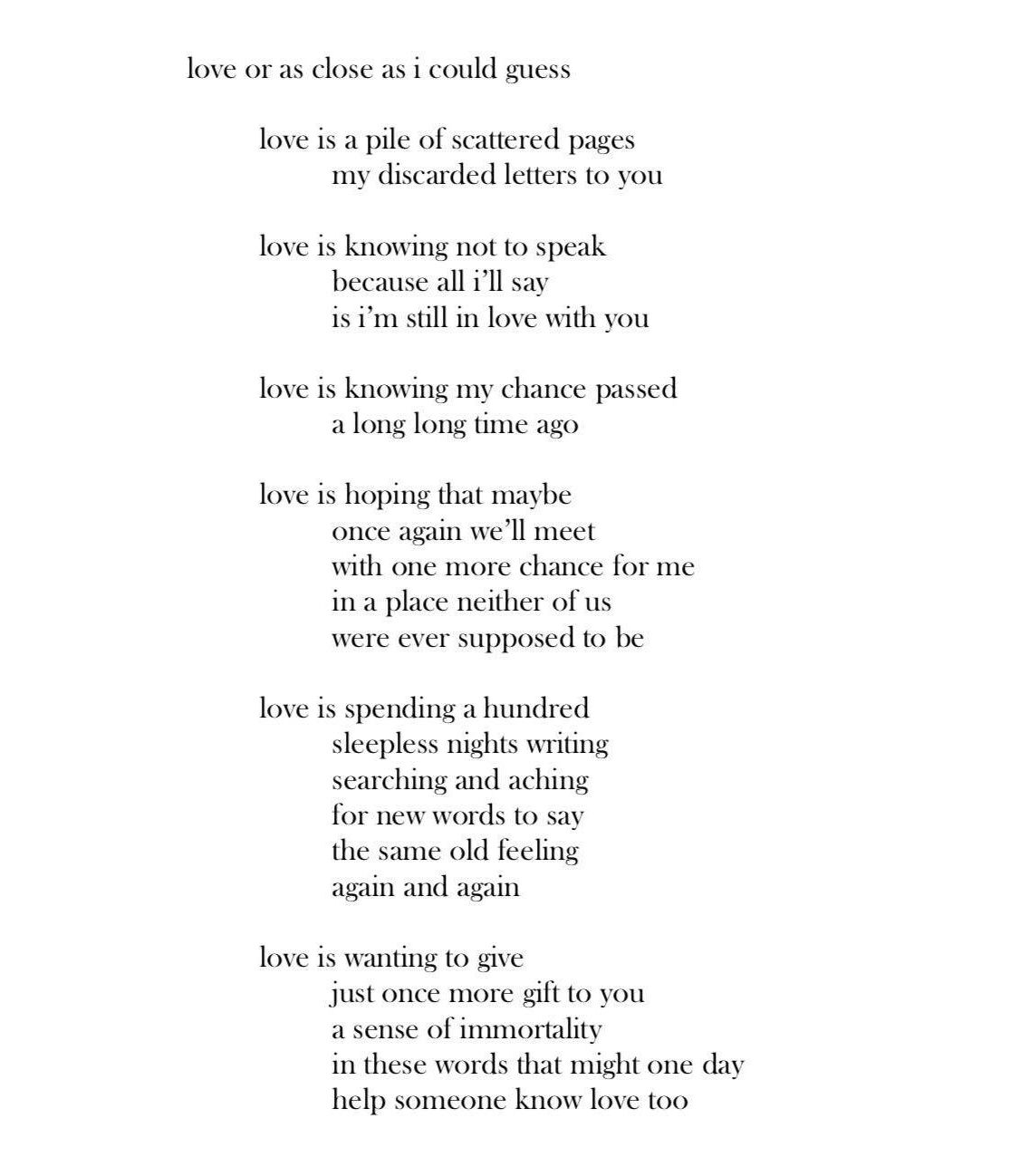“Writing is lying with the truth.”
Neil Cartujano
About the Writer
Neil Cartujano is a twenty-six year-old writer currently residing in Bacolod City, Negros Occidental. A lifelong reader, he nevertheless started writing much later when he was eighteen years old. He began with writing short stories, primarily fantasy and contemporary fiction, and later dabbled in writing poetry. After discovering the works of the second generation Romanticists, Shelley, Byron, and Keats, he shifted his focus to writing Romantic poetry. Enamored by the glory and tragedy of their lives, he took their philosophy to heart, that beauty can be found in the mundane through the intersection of powerful emotion and ideals. He was a member of Vital Signs, the student publication of West Visayas State University – College of Medicine. A graduate of University of St. La Salle – Bacolod with a degree in BS Psychology and of West Visayas State Univeristy with a degree in Medicine, he is currently a General Practice physician, working as a private practioner at Clinica Cartujano Medical Diagnostic Center.

About ‘Letter to Stranger”
Letters to a Stranger is a love story told through poetry. This collection of poems slowly reveals the story in the voice of a narrator in four acts, as he goes through the whirlwind of emotions of falling in love, the wonder and the consequences of baring your heart. Inspired by the works of the Romantic poets, this book is written in a variety of styles from free verse to Shakesperean sonnets, each piece exploring the beauty and tragedy of being in love. It is the tale of a heart caught in a pendulum of emotion at their purest form. A story of hope and longing, of anguish and farewell, all caught between the question of destiny and chance. Ultimately, this story is a testament to what a single moment of random fate can do. How the half-heard name of a stranger can come to mean so much more. This book was a promise that needed to be kept.


Q: What kind of child were you?
I was the quiet kid, the weird kid. I came from a rather strict family and my parents were very focused on academics. As a result, I wasn’t good a socializing with other children my age, I was always awkward and often competitive. I didn’t help that we moved around a lot. By the time I was 12 years old, we had already lived in Manila, Aklan, and Capiz. Even in Roxas City, where I grew up, we lived in a total of 4 houses and 3 apartments in the span of 10 years. I goes without saying that I didn’t have many friends and tended to be a loner. It wasn’t easy to be an introverted child, but I got used to it and learned to enjoy my own company.
Q: What do you read as a child?
Being an introvert, reading was one of my escapes as a child. However, I was never a wide reader. I remember three books that I kept reading over and over; a big collection of classic fairy tales, a set of Sherlock Holmes books, and this battered copy of short stories by Carlos Bulosan. Fantasy, Mystery, and a blunt brutal reality. It’s those three that molded my later interests, especially when I began to read everything that I could get my hands on, I would read everything from YA series to classic novels and even epic poetry(albeit with difficulty, managing to barely power through the Iliad and Paradise Lost). Until now, my writing style often reflects those three books.
Q: Do you enjoy writing then?
I didn’t write much when I was younger, partly because I tried to get away from anything close to academics whenever I had the chance. But from a very young age, I enjoyed making up stories. I would make stories up about people I saw in the street or a school. At home I would follow lines of ants around our house, making stories about them, imagining a different world and culture for them in my head. Other times I would just sit and daydream. Being a loner, that was something I did often.
Q: When did you first realize you wanted to write? When did you first think of yourself as a writer?
I realized I enjoyed writing rather late. It was in college when I first tried my hand in actually writing stories. I wrote a few short stories, most of them fantasy and most of them half finished. I had friend who was also a writer, and we would send each other our stories and brainstorm random ideas. I tried my hand at poetry here and there but my love for it didn’t come until much later. Writing was a hobby that I truly grew to love after a while, but I never really thought of myself as a writer then. That came during the summer of2 016, with the help of way too much coffee I wrote a 70000 word fantasy novel in a month. I realized that this was something I really wanted to do, something I was passionate about. Rereading that old story now makes me cringe, but it also reminds me how much far my writing has come since then.
Q: Once you began to write, what future did you imagine for yourself? What was your dream?
I never did think I would get too far in writing. For me it became a hobby that I was very passionate about, but with so little experience and no formal training, I never thought I would make too much of myself as writer. Afterall, we are our own worst critic. But a part of me always dreamed of publishing a book. At the very least, I dream of finally finishing the various projects I’ve been working on for years.
Q: Were you reading poetry books by other writers for inspiration?
Edgar Allan Poe is an old favorite, if a bit cliche. Even in his time, The Raven (a personal favorite of mine)was basically the equivalent of a pop song. A few years ago, I became enamored with the Romantic Poets, particularly the second generation, Percy Shelley, Lord Byron, and my favorite John Keats. The two things that marked their lives and poetry are passion and tragedy. There is a sense of longing and defiance in their poetry that influenced my own writing. Another poetry book that inspired me to write is 10,000 DAWNS, a collection of poetry written by Yvan and Claire Goll to each other throughout their marriage.
Q: What do you do when you get stuck? When you don’t know what to write next?
Waiting for inspiration should never be an excuse to not write, otherwise you will never get anything done. Whenever I find myself lacking inspiration, I try to find it by writing on different project, another story or poem, or just world-building. If those don’t work, I would spend my time reading, watching a movie, or playing a video game(video games as a narrative medium still remains underrated in the mainstream). Sometimes it even helps to write a random story about nothing in particular.
Q: How did you get started with “Letters to a Stranger”? What gave you the idea?
It starts as many stories do. I starts with a girl.
I had been writing for months before I even thought about trying to put together a book. At first, I wanted to submit them as a zine, but by that time I had already written so many that I thought I might as well try to get published.
After all, I sort of made a promise “People like me dream of writing about people like you.”
The result is Letters to a Stranger.
Q: Have you had to do research for your book?
For my poetry I’ve never had to do much research. But in a few of my poems I bring up allusions to lines in older poems or novels and I had to double check that I got them right but that’s about it for the research I did.
Q: Tell me more how you revise a book?
As this was my first time, I had no experience to speak of whatsoever. I went through the book over and over. Reading and rereading every line, making sure they sounded and felt right. I even recorded myself reading the poems to see whether they channeled the emotions I had intended. It was almost like breaking in a leather shoe, just going on and on until felt right.
Q: How do you know when a book is done?
I can be a little to meticulous and fickle when I write. And up until the final version of the manuscript I made small edits to the poems. I simply made sure I avoided any errors and forced my self to stop making changes to the poems themselves otherwise it would never feel finished. Each time I read through my previous work, I feel the need to make changes and that’s an instinct I had to dampen when writing and editing this book.
Q: How did you go about getting your first book published?
I am very new to this. My only other experience was joining the Zine Zone event. I approached Kasingkasing Press to ask how to get published and they’ve helped me along the way ever since. And here we are.
Q: What do you like best about being a writer?
It is, first and foremost, an outlet for emotion. It can be the most relaxing and most stressful experience trying to write. But there’s also a purity about it. It’s creation. There are few things as satisfying as reading your work finding that you don’t feel the need to change anything about it. And sharing that with people is wonderful concept. There’s something uninhibitedly human about being able to pass your thoughts and feelings across to the reader.
Q: Many young people who want to write think they have to go to indie publishing. Do you think so too?
There are many options. And for different projects, an author doesn’t have to go about it the same way each time. Indie publishing is a wonderful thing for writers to get their work out there. There’s also traditional publishing and even crowd funding. Each has it’s own pros and cons, it’s up to the writer to decide which fits them better. Writing is something that hasn’t waned even as technology advances. It’s even bigger these days because there are more ways bring our writing to the readers
Q: What do you tell young people who want to write?
For me, writing is lying with the truth. You cut up the truth and the emotion, putting them back together in such a way that let’s that brings out the most in words.
Poetry is prose left mutilated, sliced apart looking for the beauty among the words.
It’s most important to get started. To just get on with it. Bad days and good days, when you’re inspired and when you’re not. A lot of the writing is going to be bad, and that’s okay. Writing is a skill and every bad sentence, every rambling story, every emotionless poem is just a stepping stone being better. As long as you keep writing there’s bound to be gold somewhere there.
The Coming of A New Breed of Ilonggo Writers is a series of conversations with Ilonggo young writers on how to cultivate a creative mindset during quarantine. Compiled and edited by Noel Galon de Leon of Kasingkasing Press.
Illustration by Kristoffer Sobremente


